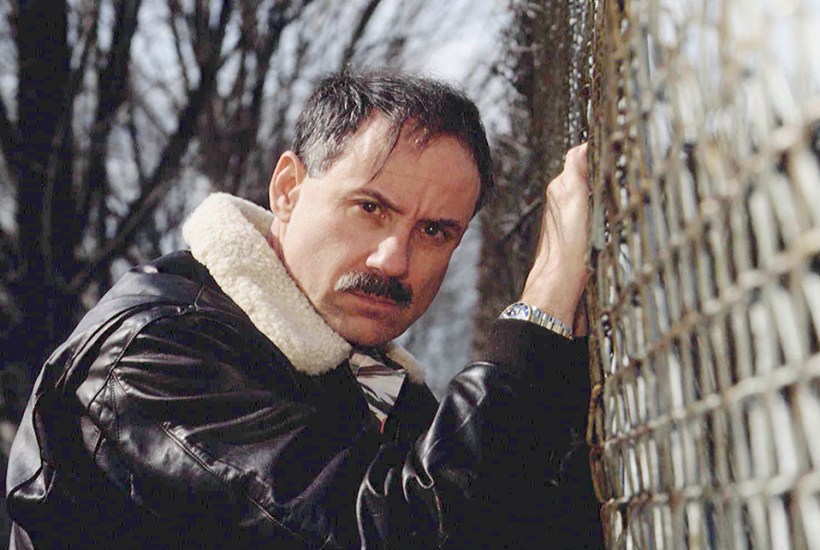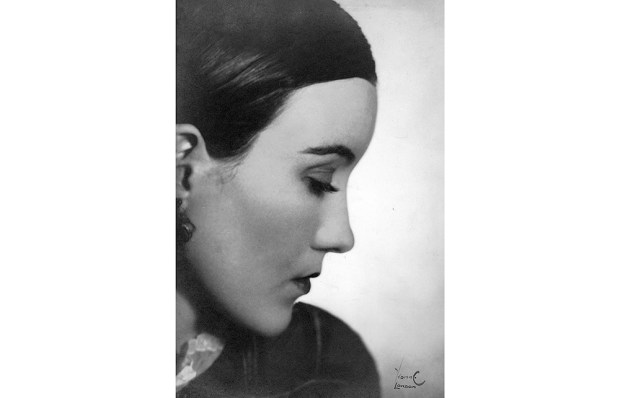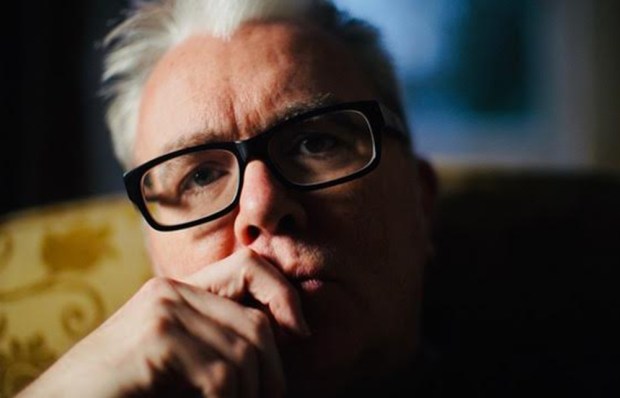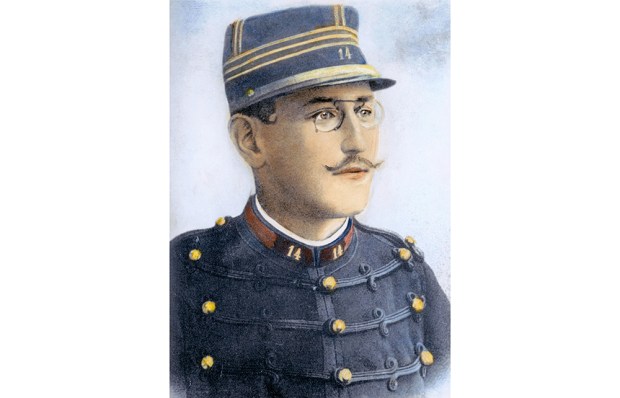Public readings by James Ellroy would tend to begin like this:
Good evening, peepers, prowlers, pederasts, panty sniffers, punks and pimps. I’m James Ellroy, demon dog of American literature, the foul owl with the death growl, the white night of the far right, and the slick trick with the donkey dick. My books are written in blood, seminal fluid and napalm.
Etcetera. This is his ‘demon dog’ persona, adopted many years before as a way of overcoming his native insecurities.
He is quoted in this biography as saying that this persona is ‘about 3 per cent’ of who he is. I would say, and I choose the adjective carefully, this is a conservative estimate. A few years ago I was at a party in Los Angeles and got talking to one of his ex-lovers. It was like listening to the Ancient Mariner: a long narrative of gruelling outlandishness which had made her seemingly unable or unwilling to talk about anything else. I didn’t mind: I didn’t have anything nearly as compelling to offer.
And similarly, Steven Powell’s biography is notably short on longueurs. The grimness starts even before the murder of Ellroy’s mother when he was ten years old, with she and his father, a man for whom the word ‘deadbeat’ could have been coined, engaged in a bitter battle over him. He loved his father, although when he went to live with him after the murder he found daily existence with him a struggle.
I am putting it mildly. Ellroy’s behaviour began to revolve around speed and alcohol, to the point of psychosis, with multiple arrests (‘65 to 70’, in his words, although records suggest a far lower number) for various minor misdemeanours, the kind that come with severe substance abuse and homelessness. He was no stranger to the drunk tank, the police cell and the drying-out clinic. At school he adopted a persona whose main schtick (a favourite word of his, especially as applied to his own public, performative character) was expressing a fondness for far-right politics.
He was saved by his love of books, especially hardboiled detective fiction, which he read almost obsessively. Knowing he had it in him to become a writer, he managed to swap his addictions to that of composition. He had no desk, and would write standing up, in capitals, leaning his manuscript against a dresser. He also had another addiction: to women. This is well documented in his own memoirs – and here.
Yet he could inspire affection, unless he was trying to be difficult. Sometimes you stand with him, as when he dines with Oliver Stone, interested in directing one of his screenplays. Stone arrived late and was boorish. Ellroy said, before they had even been served their appetisers: ‘Mr Stone, you’re drunk. I’m not working with you.’ There aren’t many times one sympathises with him, though – except when one bears in mind what he went through until he became successful. Before he cleaned up his act, he was lucky to be alive, and his sobriety was little short of heroic (though he relapsed in the early 2000s).
But turning your addiction into a style couldn’t go on forever. His is like an amphetamine high in prose, even down to the near-paranoid insistence on finding deep links between absolutely everything. But as he went on, the books got (even) longer, the mannerisms repetitive, the paragraphs shorter. Just as he would need the wadding from a dozen benzedrine inhalers to achieve the same effect that one used to have, so he would almost reach the point of self-parody, both in his writing and in his life. He was a regular guest on Late Night with Conan O’Brien for four years until he riffed thus on the Ku Klux Klan: ‘An equal opportunity Ku Klux Klan… let in Jews, Catholics, Irish, gays – everybody!’ The audience loved it, but O’Brien was less amused, and he didn’t appear on the programme for another five years.
To say Ellroy is a problematic writer as well as a person is to state the obvious. You may have noticed that his list of people the KKK should welcome leaves out one obvious category, and indeed his characters spend an awful lot of time making anti-black slurs. Well, if you’re going to write about the LAPD in the 1940s and 1950s, reported speech is going to have to contain some foul language and sentiment; it’s when it seeps into the narrative that there might be more of a problem. And this is before we get to the matter of the gruesome fate that so many of his female victims suffer, and the sadism visited upon them.
But there’s no denying he’s an important author. Like Homer in the Iliad, he tells a fundamental, ugly and unwelcome truth about humanity. And all honest stories about LA, from The Big Sleep (which Ellroy loved) to Chinatown (which he disdained) to Who Framed Roger Rabbit, are about innocence betrayed, as Ellroy’s was. Powell has clearly worked hard to do justice to his subject. He gives him a fair hearing, but perhaps shies from fully addressing his faults. You can tell that, like so many people who have dealt with Ellroy, he has rather fallen under his spell.
Got something to add? Join the discussion and comment below.
Get 10 issues for just $10
Subscribe to The Spectator Australia today for the next 10 magazine issues, plus full online access, for just $10.
You might disagree with half of it, but you’ll enjoy reading all of it. Try your first month for free, then just $2 a week for the remainder of your first year.














Comments
Don't miss out
Join the conversation with other Spectator Australia readers. Subscribe to leave a comment.
SUBSCRIBEAlready a subscriber? Log in